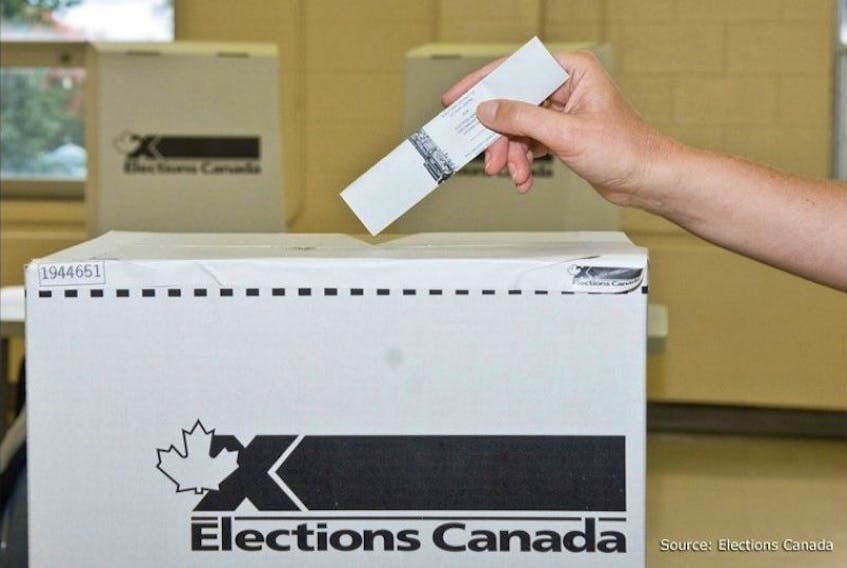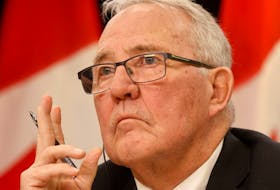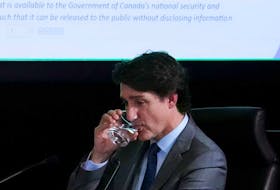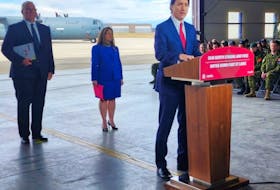John D. Cameron, Dalhousie University
It’s almost 2020, and with a minority government in power, another federal election could be upon Canadians sooner than expected.
So as the dust settles on the 2019 vote, it’s important to examine the data on an issue that clouded the election campaign — the impact of new Elections Canada regulations on public debate by civil society organizations.
In June 2019, the federal government amended Canada’s Elections Act. The rules require third parties, including non-profit groups, to register with Elections Canada if they spend more than $500 on “political advertising.” That includes any spending to promote positions during election campaigns on public policy issues on which political parties have taken a stand, or to support or oppose particular candidates and parties.
The new Elections Act also sets specific spending limits on third-party election advertising.
These changes to the Elections Act are important measures to prevent the type of unlimited spending by political action committees (PACs) that followed the Citizens United decision by the United States Supreme Court in 2010. The court ruled that spending limits on third-party election advertising was an unconstitutional restriction of free speech.
Since 2010, what are known as super-PACs have subsequently become major players in American elections, enabling wealthy individuals to exert enormous political influence. Indeed, wealthy donors spent more than US$1.4 billion during the 2016 presidential election campaign.
Silencing voices
The new Elections Canada regulations impose spending limits on third parties ($1,023,400 in the pre-election period and $511,700 in the election period) and specific regulations against collusion between third parties that would prevent the type of unlimited spending by super-PACs in the United States.
However, the new Elections Canada regulations have also played a role in silencing the voices of many Canadian organizations on a wide range of public policy issues — from climate change to health care to international aid.
This chilling effect came into play most powerfully when Elections Canada indicated in a training session for non-profits that organizations with public policy positions on climate change would need to register and report on their spending, given that right-wing candidate Maxime Bernier had made public statements denying climate change.
The silencing impact may not have been intentional, but it is very real and represents a threat to healthy public debate and democracy in Canada. Elections are important opportunities for Canadians to debate public policy, and it’s crucial that civil society groups are able to contribute to those debates.
On the surface, the new Elections Act appears to strike a balance between free speech and excessive influence by wealthy individuals and corporations.
The Elections Act does not prohibit civil society organizations from spending money to promote public policy positions. However, many organizations saw the requirement to register and report on spending as ominous — especially after the crackdown on charities carried out by the Canada Revenue Agency (CRA) under Stephen Harper’s Conservative government.
Fears of another crackdown
Justin Trudeau’s government made significant changes to the CRA regulations in 2019 that allow charities to engage much more freely in public policy debates. But many Canadian civil society groups still worry that the federal government will crack down on organizations that criticize its policies.
The regulations also add bureaucratic headaches and expenses to non-profit organizations, many of which cannot afford to pay additional costs for participation in public policy debates.
Staff with many Canadian civil society groups have reported that their organizations did not speak out on public policy issues during the election campaign for fear they’d be penalized by Elections Canada or the CRA.
Read more: Why Canada’s environmental charities are afraid to talk about climate change during the election
The silencing effect is also clear in data from Elections Canada.
There are more than 175,000 registered non-profit and charitable organizations in Canada. Only 147 registered to report election advertising in 2019, only 50 reported spending more than $10,000 (the reporting threshold set by Elections Canada) and only two have charitable status.
Climate change a key concern
Climate change was a top concern for Canadians during the 2019 election campaign. However, my analysis of the Elections Canada data shows that only 17 environmental organizations registered, and only seven reported spending more than $10,000 (for a cumulative total of $634,307) during the election period.
Similarly, while Conservative Leader Andrew Scheer made Canada’s international aid an election issue by proposing to cut it by 25 per cent, only five international social justice organizations registered, and none of them reported spending over $10,000.
“Health care is always an important issue to Canadians, but just four health-sector organizations registered with Elections Canada and just one (the Canadian Medical Association) reported spending over $10,000.”
The data suggests the new rules kept conservative groups quiet too. Only one gun rights organization reported any spending ($32,091) and just seven explicitly pro-Conservative organizations registered, spending a total of $690,922. As of Oct. 14, 2019 — a week before the election —the total reported by all organizations was just over $9.4 million.
Canada’s new Elections Act may have prevented the type of mammoth spending seen in the United States via super-PACs, but it’s been at the expense of silencing many Canadian organizations with important positions on public policy issues.
Elections Canada needs to do more to make sure that the new regulations do not block public policy debates. It should also review the $500 threshold for requiring organizations to register with Elections Canada.
With a minority government in Parliament, Canadians could soon head to the polls again, so there may not be much time to make these changes.
[ You’re smart and curious about the world. So are The Conversation’s authors and editors. You can read us daily by subscribing to our newsletter. ]
Note: This is a corrected version of a story originally published Dec. 12, 2019. This version clarifies details about the amended Elections Act and corrects the number of health-sector organizations that registered with Elections Canada.

John D. Cameron, Associate Professor, Department of International Development Studies, Dalhousie University
This article is republished from The Conversation under a Creative Commons license. Read the original article.









